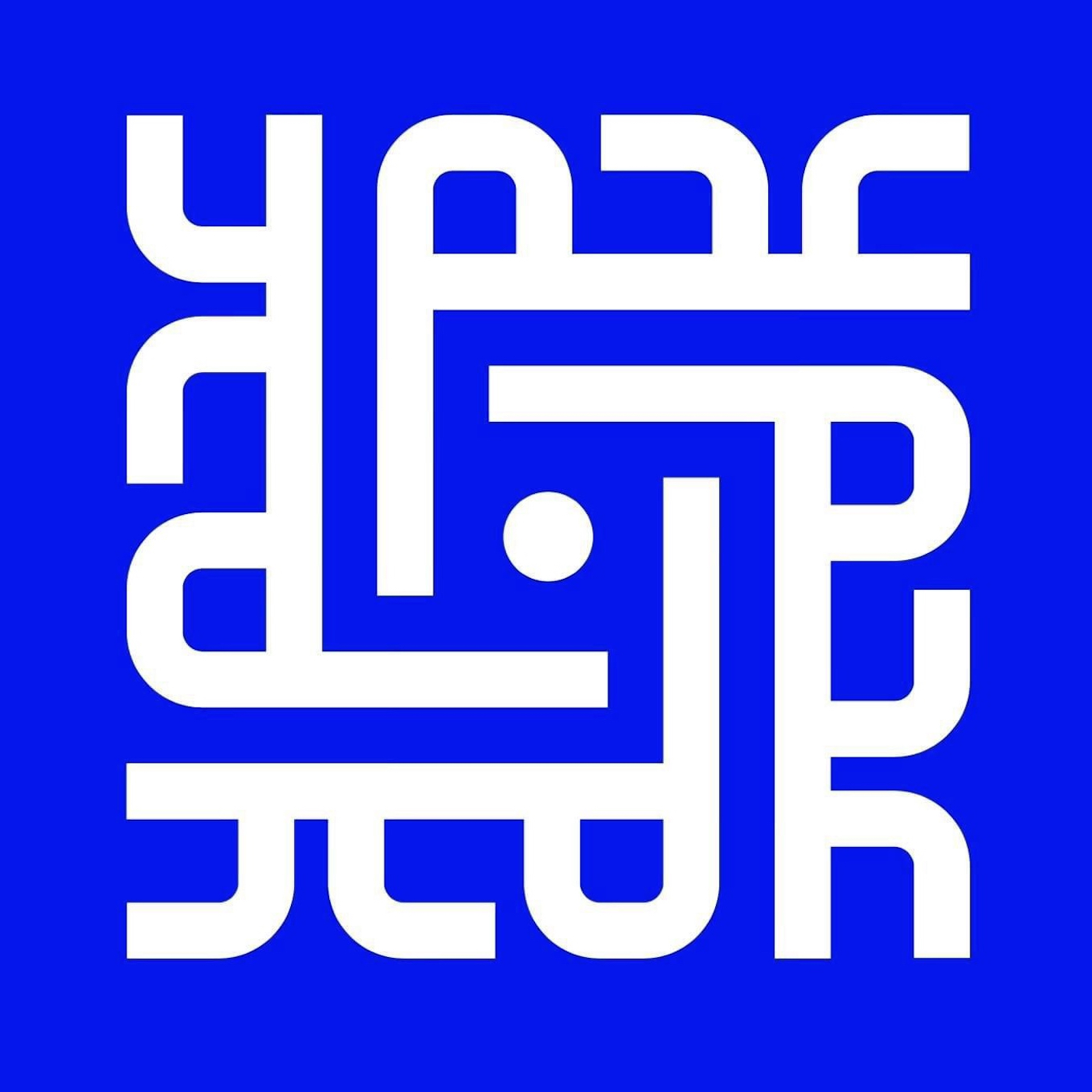
In this episode, Rustin is joined by Dr. Neda Maghbouleh and Dr. Amy Malek to interview Dr. Narges Bajoghli, Assistant Professor of Middle East...

In this episode, Belle interviews Golnar Nikpour, Assistant Professor of History at Dartmouth College, about her recent book, The Incarcerated Modern: Prisons and Public...

In this episode, Lindsey, Rustin, and Ali interview Dr. Teren Sevea, Assistant Professor of Islamic Studies at Harvard Divinity School about his recent book,...